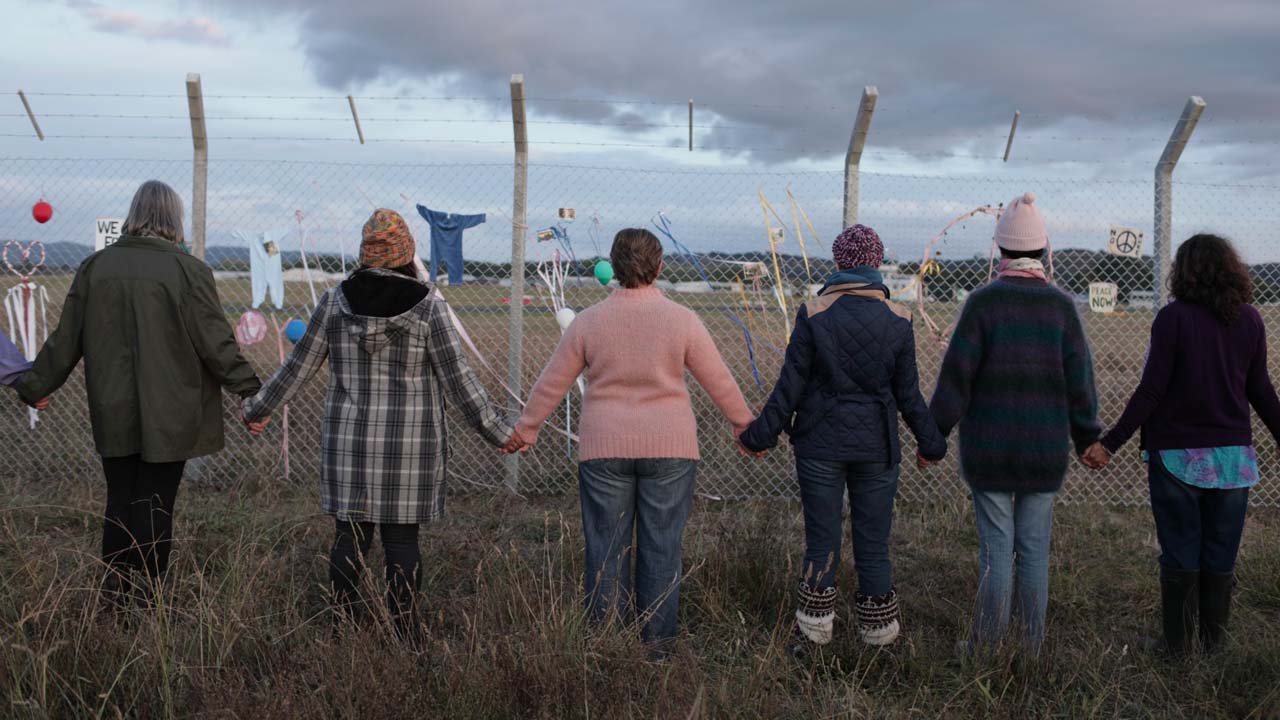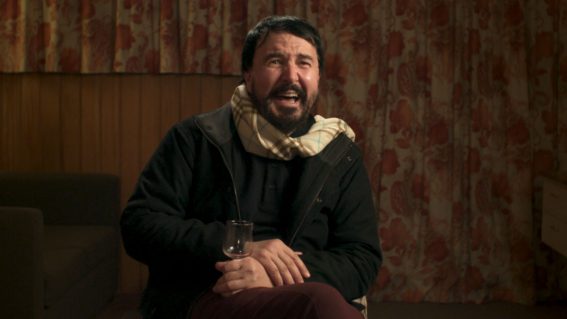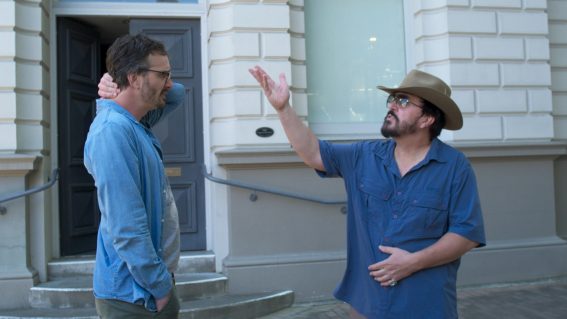Mothers of the Revolution is an extraordinary true story of triumphant idealism
A reminder of how important a bit of hope and determination can be in the face of seemingly insurmountable threats.

New documentary Mothers of the Revolution follows a small group of mums who swell to a globe-spanning anti-nuclear movement of thousands over nearly two decades. There is so much intrigue and adventure in this story as to be shocking that it hasn’t hit the silver screen before, writes Rachel Ashby.
New Zealand director Briar March’s latest documentary is a galvanising story of people power versus big military and looming nuclear destruction. Starting at a kitchen table in Cardiff in 1981, the doco follows a group of young mothers who walked nearly 200 miles to a Royal Air Force base at Greenham Common and then set up camp for 19 years, in protest of nuclear armament. The simple but audacious idea for the demonstration was prompted by the terrifying knowledge that if a nuclear attack were imminent, folks in the United Kingdom would have only four minutes warning before it hit.
The doco relies successfully on interviews with that early group of women to ground the narrative. As the Women’s Liberation adage goes: “the personal is political”, and it is moving to see how the Greenham Common protest and peace camp radically shaped the lives of those involved with it. Mothers of the Revolution is a story about a particular type of solidarity that is possible when women, and mothers, are at the centre of the action. By the time the peace camp disbanded from Greenham Common in 2000 this small group of mums had swelled to a globe-spanning anti-nuclear movement of thousands, making it the largest women-centric protest since the Suffrage days.
Even if you take the historical significance of what the women of Greenham Common achieved out of the picture, there is so much intrigue and adventure in this story as to be shocking that it hasn’t hit the silver screen before. To add colour to the interviews, March makes effective use of the often tricky technique of actor recreations. By the time you have young British mums being tailed by the KGB in Russia it is easy to forget that this isn’t a John Le Carré adaptation. Police brutality, violent misogynist backlash and homophobic media rhetoric are the sobering shadows to the exciting tales of the group’s exploits.
Where this film struggles is in trying to balance the fascinating individual threads of the Greenham women’s lives with a mapping of the broader international movement for nuclear disarmament. The brief section that dives into the Pacific nuclear situation, and draws a New Zealand connection, feels somewhat rushed in comparison to the film’s earlier pacing. Likewise, the doco ends on an unnecessary montage of contemporary women-focused protests that lacks the nuance of the rest of the film. Perhaps the issue here is the story is so big, and so previously undertold, that it is hard to get it all in under two hours without inevitably giving something less time than it deserves.
All in all, this is an extraordinary story of idealism triumphing over seemingly insurmountable existential threats. If you watched Adam McKay’s bleak climate change parable Don’t Look Up and came out the other side despairing about the state of it all, then this is the film you need in your life to remind you how important a bit of hope and determination can be. It’s also a documentary that really emphasises the importance of community in driving effective protest. If you can, watch Mothers of the Revolution with your mum. If you can’t, you’ll want to call her once the credits roll.


























